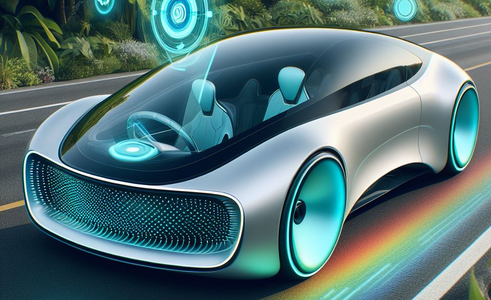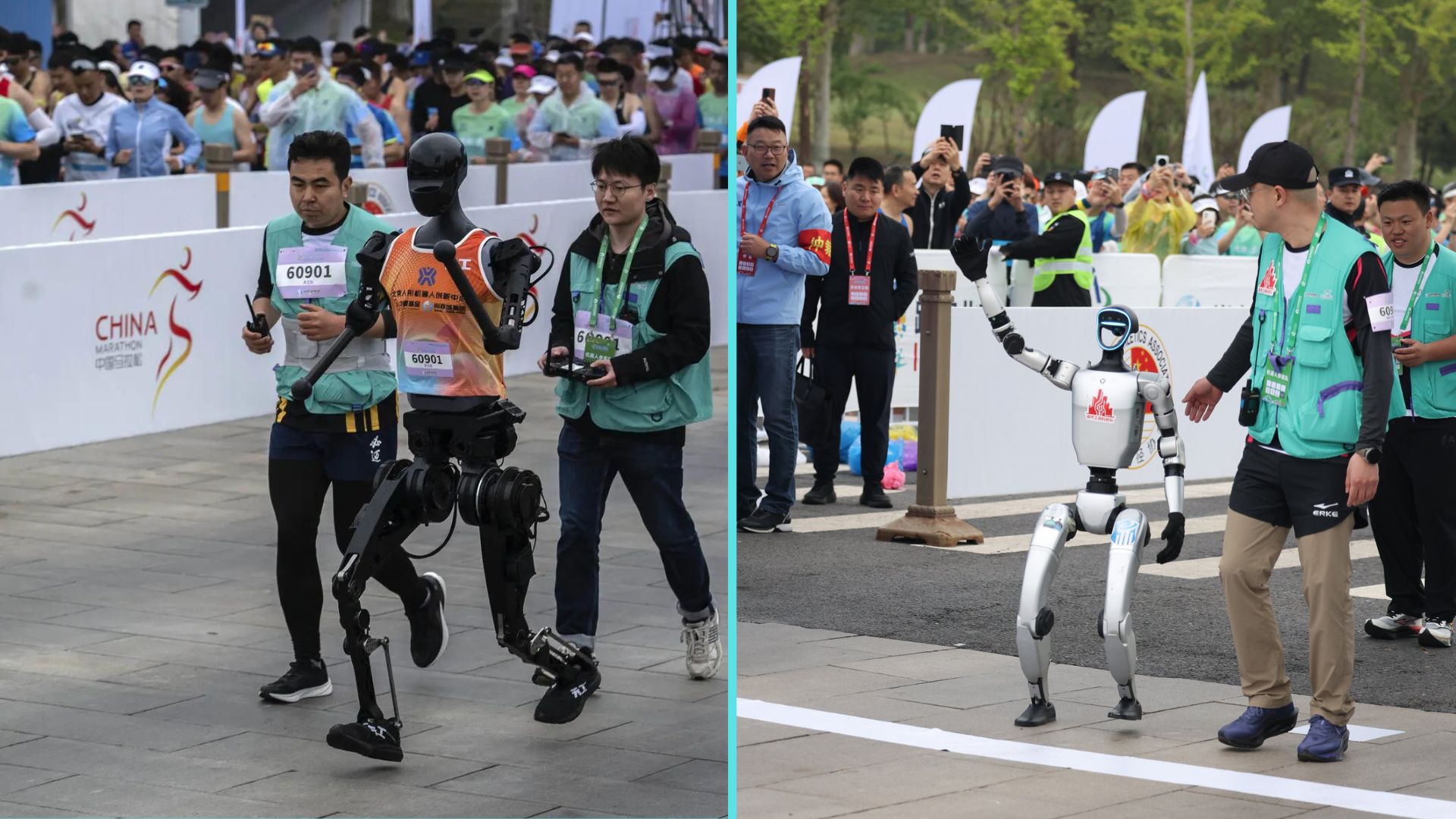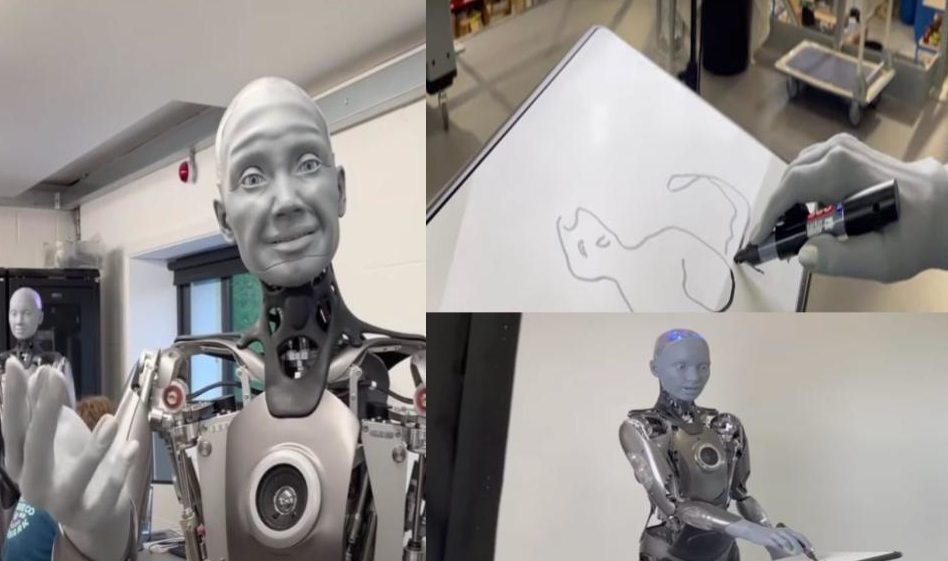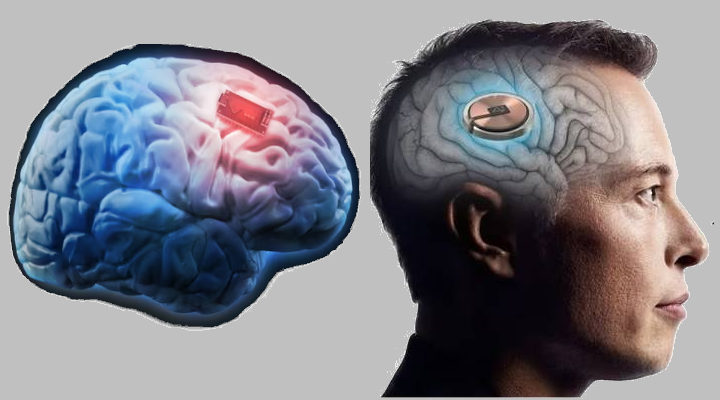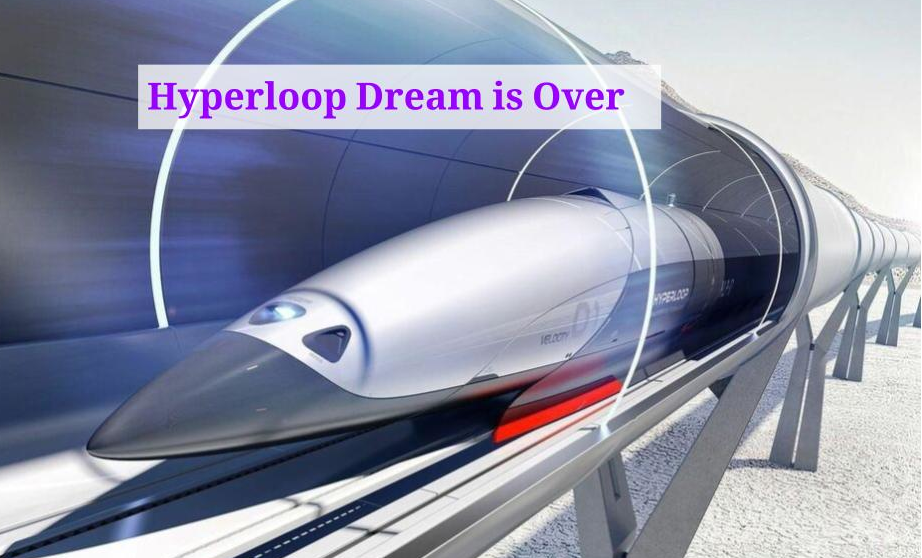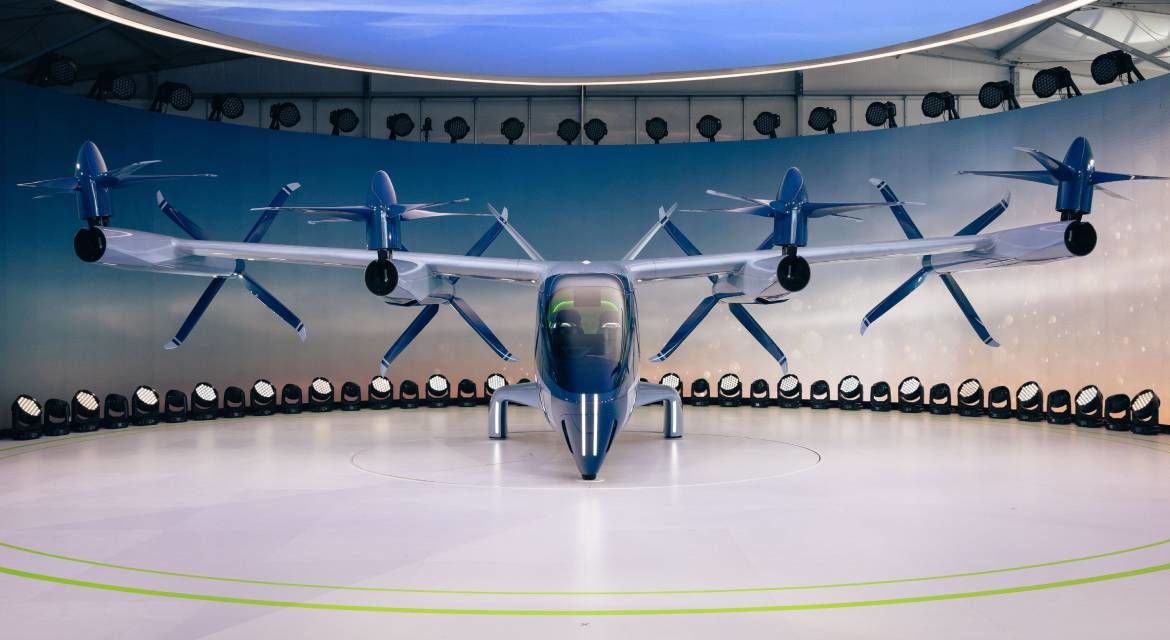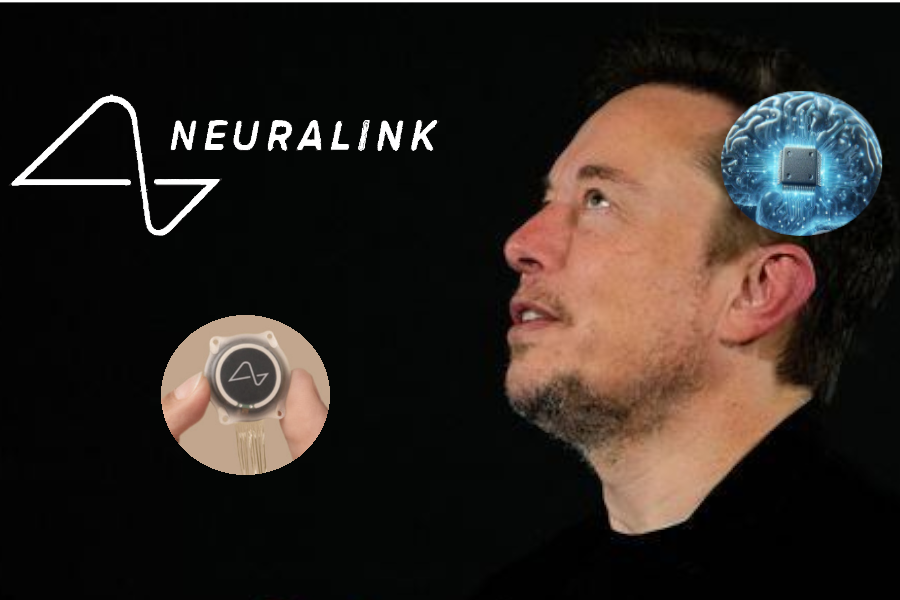More than 10 years ago, Apple began a project called Titan, aiming to build a completely self-driving car equipped with a custom operating system and software, all manufactured by Apple. The aim was to create an integrated platform suitable for working or enjoying entertainment on the go while the car autonomously transports passengers to their destinations
Apple fans have been eagerly waiting to learn any details about the project, but Apple has remained mostly silent. Some details have indirectly emerged via patent filings, job listings, and occasional sightings of test vehicles. Tech companies were optimistic about self-driving cars. Elon Musk had predicted that Tesla would upgrade its vehicles to fully self-driving in 2023. Unfortunately, that didn’t happen.
About a month ago, rumors circulated that Apple might launch a car in 2028, with reports suggesting it wouldn’t be fully self-driving and could include a steering wheel, making it somewhat similar to current Tesla cars.
According to Bloomberg’s report yesterday, Apple has shut down its self-driving car project, “Project Titan.” The company has reassigned roughly 2,000 employees previously working on the project to departments focused on generative artificial intelligence. Those who cannot find suitable positions within the company are unfortunately facing layoffs.
The dream of an Apple self-driving car comes to an end. This confirms the complexity of achieving truly autonomous driving cars. Apple seems to have come to the conclusion that current technology will not allow self-driving anytime soon.
Driverless cars still have problems
Self-driving cars face significant challenges at both the hardware and software levels.
- Sensors and cameras used for perception are vulnerable to errors caused by various environmental factors like rain, fog, and other weather conditions. Additionally, complex environments with numerous objects, diverse sources of light and electromagnetic interference can further confuse these sensors, leading to misinterpretations.
- Even with accurate sensor data, the Artificial Intelligence (AI) system processing the information remains susceptible to errors. Like large language models such as ChatGPT or Gemini, AI systems used for decision-making can exhibit biases or miscalculations. In self-driving cars, these errors could lead to accidents, causing significant harm to people and the environment.
One of the major obstacles facing fully autonomous vehicles is the development of safe and reliable self-driving systems. Though companies are steadily improving automotive AI technology, these advancements are more likely to enhance the driver assistant (Autopilot) rather than completely replace human drivers in the near future.
